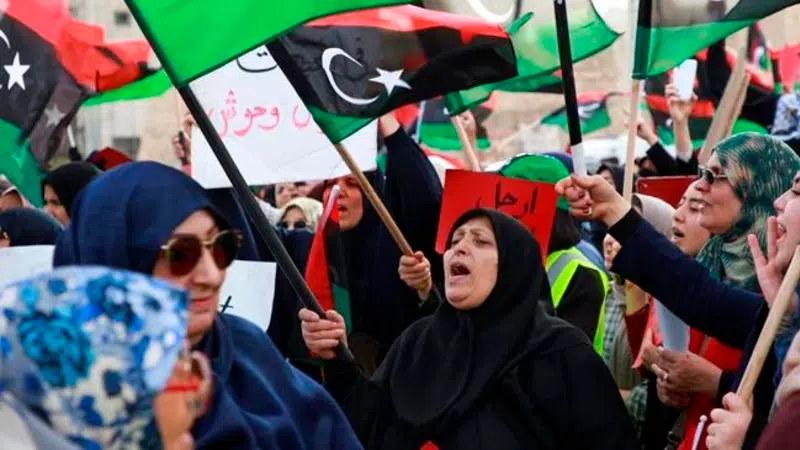
Libyan commander urges troops to press fight to take Tripoli
CAIRO — A Libyan army commander whose forces are advancing on Tripoli is rallying his fighters on in defiance of U.N. calls for a weeklong cease-fire to coincide with the start of the fasting month of Ramadan on Monday.
The battle for the Libyan capital, which erupted in early April, has threatened to ignite a civil war on the scale of the 2011 uprising that toppled and killed longtime dictator Moammar Gadhafi.
The fighting has killed at least 432 people so far, including combatants and civilians, according to the U.N. health agency.


